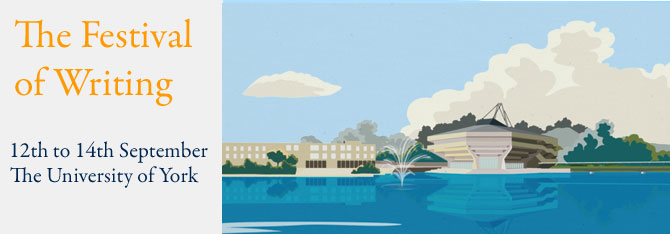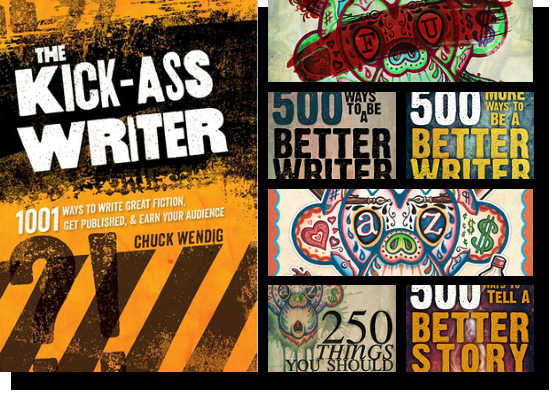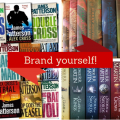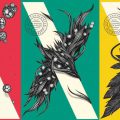There are many reasons to attend a writing festival or conference. You may be going to meet other writers, to test the waters of what its like to put your work out there to be read by others, to network and mingle with people from the industry, or simply to learn from the wealth of information on offer. Likewise, there is enormous variety in the kinds of writers that attend. You might be just starting writing and wanting to absorb any and every writing tip you can, you may be a fair way along but want help picking up on where you’re going wrong, or you may have already been successfully published several times over but enjoy the atmosphere (and, after all, there’s always more to learn).
This weekend, I attended the Writers’ Workshop Festival of Writing in York. Having already completed a Diploma in Creative Writing and attended a number of other writing workshops and festivals, my main interest in attending the festival was for the opportunity to have my work in progress novel critiqued by professionals to make sure I was on the right track (or to fix any massive issues early). But I have to admit that I love writing festivals generally – they always have a great atmosphere. Everyone there is working towards the same goal, with similar interests, and they are all very eager. It’s great to be amongst people who might actually understand that I am actually working hard at my desk at all hours of the day, and I’m not crazy for rarely socializing.
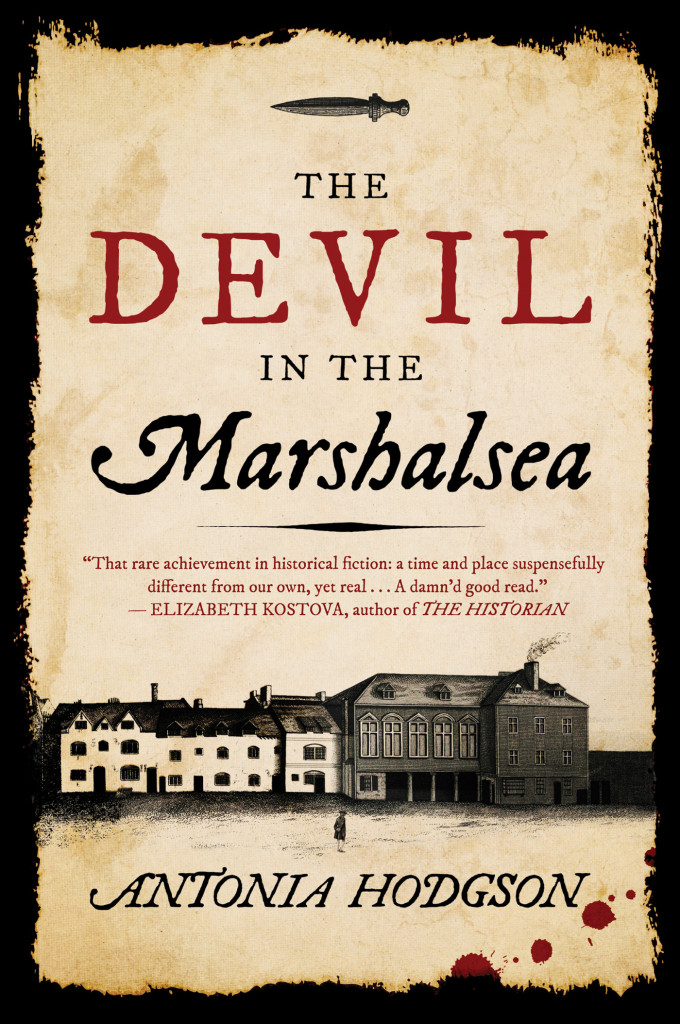 9:10 While we were all bleary eyed, sipping our caffeine stimulant of choice, Antonia Hodgson ushered in the day with a keynote address on the lessons she has learned on writing. What was particularly interesting about Antonia’s perspective was that she could elucidate two halves of the equation – about being a writer and an editor at a major publisher. She worked through four factors she finds to be most important for writers. While most of them should be common sense to anyone interested in writing, it doesn’t hurt to spell them out.
9:10 While we were all bleary eyed, sipping our caffeine stimulant of choice, Antonia Hodgson ushered in the day with a keynote address on the lessons she has learned on writing. What was particularly interesting about Antonia’s perspective was that she could elucidate two halves of the equation – about being a writer and an editor at a major publisher. She worked through four factors she finds to be most important for writers. While most of them should be common sense to anyone interested in writing, it doesn’t hurt to spell them out.
First off, Antonia spoke about the ‘dream space’. In other words, ensuring that every writer makes time and space for feeding their imagination. Being creative requires a healthy and active imagination. While this might seem incredibly self evident, it is an area I find gets often overlooked in writing tips generally. Second, she reminded us of quite possibly the most important part of being a writer: writing! Practice writing. Make time for writing. Write! It really is that simple. Third: read. Read everything you can get your hands on. Let’s face it, if you want to be a writer but don’t like reading, what are you even doing here? And finally, something I never really connected as being two sides of the same coin – resilience and discipline. Rejection is, unfortunately, inevitable. You need to be resilient, to bounce back and put your bum back in that chair – keep writing! Discipline goes a long way towards helping writers be resilient.
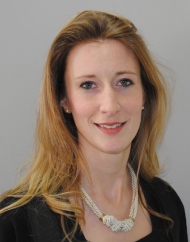 10:40 After a quick morning tea break where Antonia graciously signed copies of her book (which also sold out at the festival – congrats!), we all headed in our separate directions for the first of the workshop sessions of the day. The workshops cover all aspects of a writer’s possible questions about writing tips and the industry. I headed over to Madeleine Milburn’s presentation on cover letters. For me, selling myself and my work does not come naturally – I need all the help I can get in order to have an agent actually read my work from amongst their enormous slush pile. Other workshops in the first session covered topics from clichés, YA, and story structure and Pixar films, among others.
10:40 After a quick morning tea break where Antonia graciously signed copies of her book (which also sold out at the festival – congrats!), we all headed in our separate directions for the first of the workshop sessions of the day. The workshops cover all aspects of a writer’s possible questions about writing tips and the industry. I headed over to Madeleine Milburn’s presentation on cover letters. For me, selling myself and my work does not come naturally – I need all the help I can get in order to have an agent actually read my work from amongst their enormous slush pile. Other workshops in the first session covered topics from clichés, YA, and story structure and Pixar films, among others.
11:50 The opportunity to ask questions to people from the industry is one of the best reasons to go to festivals like this. At this point in the day, we were privy to question and answer sessions broken down into genres. Depending on what you are most interested in writing, you could attend panels with people relevant to your area including writers and industry folk. I attended the science fiction and fantasy panel with Hal Duncan, James Wills, and Ed Wilson. The only problem with this type of forum is that many writers use it as a platform to ask very specific questions relating to their own work. Q and A’s are for more general questions that can apply (or may be relevant) to a wider audience. Specific questions should be asked at your 1-2-1’s.
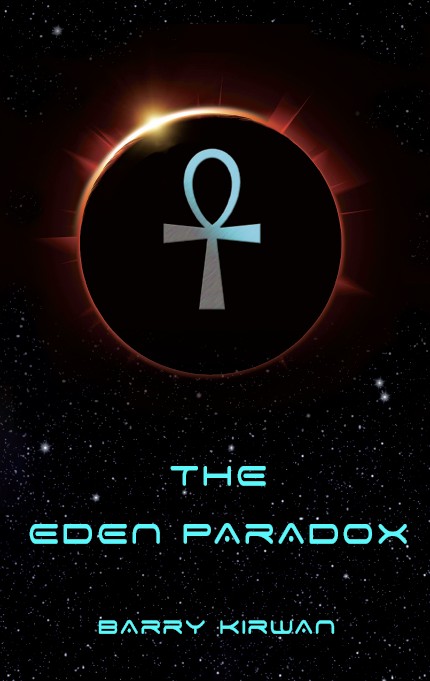 12:40 Lunch time arrived and I was in great need of sustenance. Concentrating that hard is tiring. During lunch I managed to make a friend (that’s right, me!). Everyone should check out Barry Kirwan’s science fiction novels if it’s up your alley! 14:00 Another keynote address, this time featuring Antonia Hodgson, Bill Massey, Kimberley Young, and Emil Fortune. This keynote was far less formal, with it being mostly a question and answer session focused on the industry rather than the writing process.
12:40 Lunch time arrived and I was in great need of sustenance. Concentrating that hard is tiring. During lunch I managed to make a friend (that’s right, me!). Everyone should check out Barry Kirwan’s science fiction novels if it’s up your alley! 14:00 Another keynote address, this time featuring Antonia Hodgson, Bill Massey, Kimberley Young, and Emil Fortune. This keynote was far less formal, with it being mostly a question and answer session focused on the industry rather than the writing process.
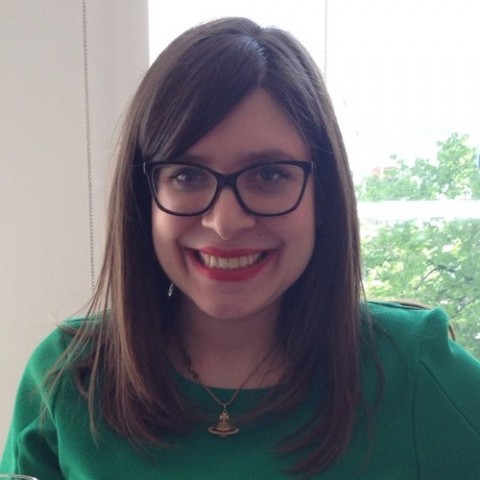 15:10 The rest of the afternoon was devoted to further workshop sessions. Again, the range of topics was wide, covering plot problems, creating characters, self-publishing, how to write a sentence, backstory, and how to stand out in the slush pile. I would like to call out agent Juliet Mushens. Her general enthusiasm and overall approachability reminds us all that agents and publishers are book geeks, it’s why they got into the industry in the first place, so perhaps we shouldn’t be as scared of them as we often are. Juliet is absolutely someone I would want fighting my corner – and all of her current clients were found through the slush pile (take that nepotism!).
15:10 The rest of the afternoon was devoted to further workshop sessions. Again, the range of topics was wide, covering plot problems, creating characters, self-publishing, how to write a sentence, backstory, and how to stand out in the slush pile. I would like to call out agent Juliet Mushens. Her general enthusiasm and overall approachability reminds us all that agents and publishers are book geeks, it’s why they got into the industry in the first place, so perhaps we shouldn’t be as scared of them as we often are. Juliet is absolutely someone I would want fighting my corner – and all of her current clients were found through the slush pile (take that nepotism!).
Throughout the day, 1-2-1 sessions were also running. Both of mine were scheduled for the afternoon, so I was in and out of various sessions, nervously making my way over to the terrifying desks, opposite someone who may make or break my dreams (not that I’m melodramatic in the slightest).
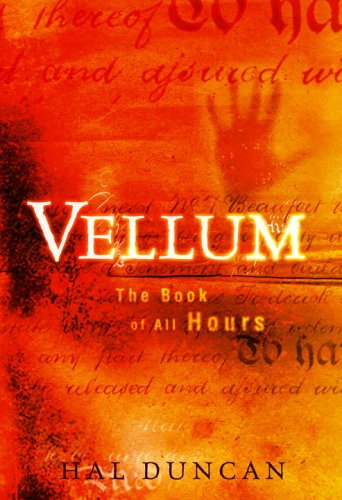 15:30 First up was my 1-2-1 with book doctor Hal Duncan. Hal was very positive while also being very constructive with his feedback. I learnt a lot and he pointed out issues that now seem obvious, but of course are difficult for a writer to see themselves when they are so close to their own work. Hal is available for providing editorial reports from Writers’ Workshop, and I thoroughly recommend him if you are trying to shape up your manuscript before sending it out to agents.
15:30 First up was my 1-2-1 with book doctor Hal Duncan. Hal was very positive while also being very constructive with his feedback. I learnt a lot and he pointed out issues that now seem obvious, but of course are difficult for a writer to see themselves when they are so close to their own work. Hal is available for providing editorial reports from Writers’ Workshop, and I thoroughly recommend him if you are trying to shape up your manuscript before sending it out to agents.
17:00 My next 1-2-1 was with literary agent Susan Armstrong. While Susan liked my prose, she wasn’t as taken with the premise and the dark tone it took. This is when you need to remind yourself of the subjective nature of writing and reading. While Hal Duncan loved my book’s premise, it didn’t appeal as well to Susan. Different people like different kinds of books. So while I might secretly cry to myself that the agent wasn’t completely blown away by my obvious brilliance, I need to remember Antonia Hodgson’s advice: be resilient!
18:45 Evening was upon us quicker than expected. To wrap up the day we were treated to drinks and dinner, mingling with the other writers as well as the agents and publishers in attendance. As the night went on, the usually introverted writers grew rowdier and rowdier, and why shouldn’t we? We made it through a day all about writing and had the guts to get industry professionals to look at our work. We deserved a night off!
The Writers’ Workshop Festival of Writing is a yearly event. Keep an eye out for next year’s festival along with other great writing events from the team on their website: http://www.writersworkshop.co.uk/events.html. I think writing festivals or anything that involves workshops and Q and A’s with industry professionals is always worth attending if you are a writer, even an established one. There is always more to learn and a great time to be had.
 Pop Verse Pop Culture Universe
Pop Verse Pop Culture Universe

